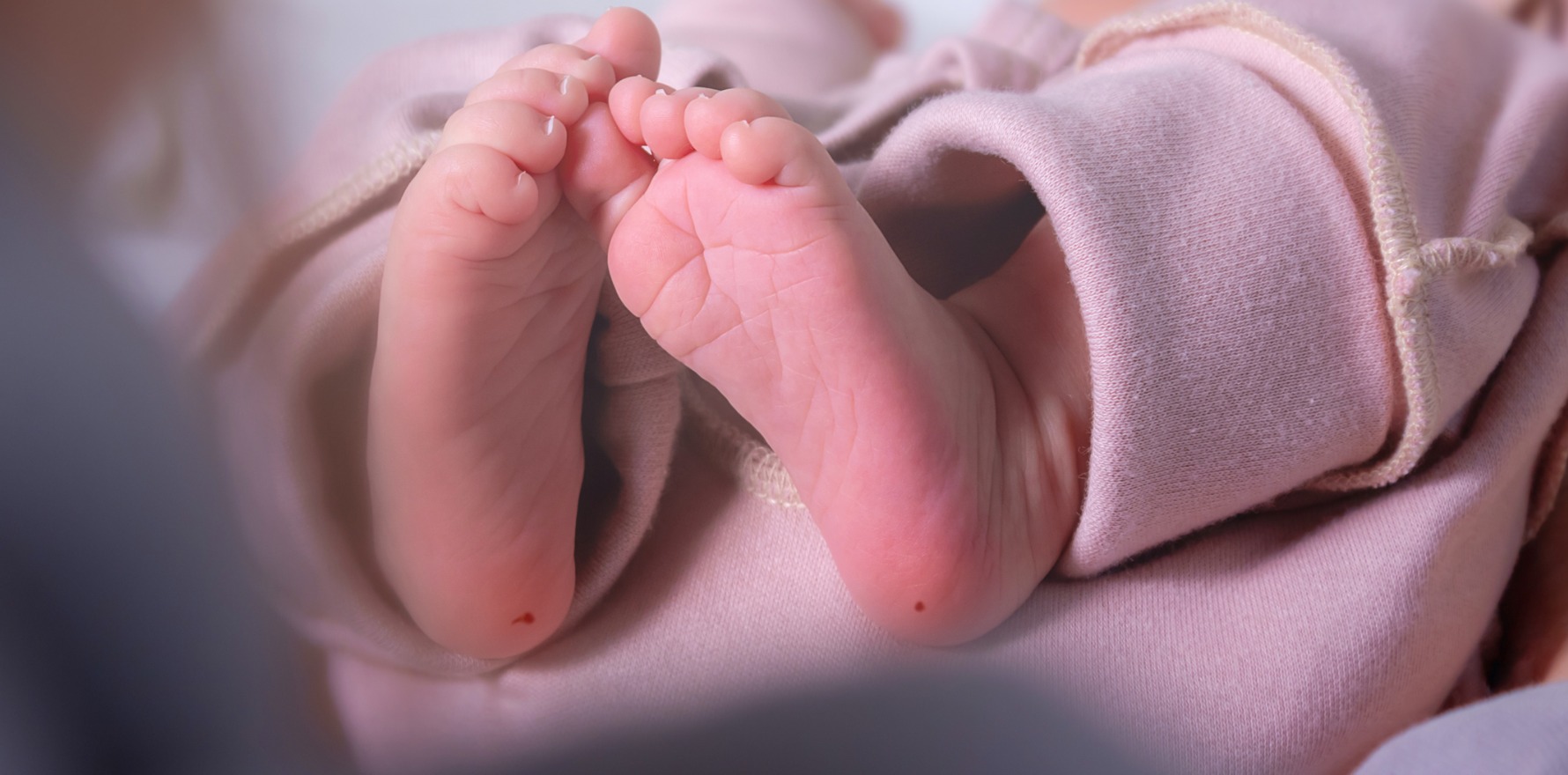
The government will not fulfil its election commitment to expand and nationalise newborn screening programs by July this year, the Department of Health has confirmed.
Minister for Health and Aged Care Mark Butler announced last month that the $38 million dollars pledged to states and territories over the next four years to update the programs will not be available by mid-2023 as promised.
“The Labor Government is absolutely committed to ending the newborn health screening lottery and implementing world’s best practice for newborn bloodspot screening,” Mr Butler said in a statement to Wild Health.
“Our first job is to ensure that states have a nationally consistent approach to screening and following that, increase the number of conditions screened across each state and territory.”
Mr Butler said that funding has instead been provided to standardise existing programs, ensuring that every state and territory can screen for all 28 conditions listed on the DoH website by the end of 2023.
Currently, most states and territories only test for 25 conditions, with NSW being the only state to implement testing for all 28 diseases.
The government’s failure to deliver on the newborn screening upgrades as promised will have grave implications for the thousands of children and families affected by perinatal and congenital conditions, according to the chair of Better Access Australia Felicity McNeill.
“Every day that the expansion of the newborn screening program to 80 diseases is delayed is an inevitable and preventable loss of little lives or irreversible damage to a baby’s health,” Ms McNeill told media.
“The prime minister needs to stop the bureaucracy entrenching its existing disease by disease state by state philosophy by stealth and demand they honour his commitment to Australian parents and grandparents, aunts and uncles to screen all our newborns for at least 80 diseases in 2023 to give them the best start in life.”
Mr Butler also confirmed that single disease tests would continue to be put through the Medical Services Advisory Committee for approval for public funding, despite this process resulting in little to no improvements to the number of conditions screened.
Decisions will continue to take around 12 to 18 months to be processed, according to Minister Butler.
For tests recommended for inclusion by the MSAC, funding will continue to be allocated by each state or territory government.
“At the point of MSAC, the Government will consider options to make sure the process for approving conditions is efficient including potentially assessing multiple conditions concurrently where appropriate,” Mr Butler told Wild Health.
“We have heard from families, clinicians, other experts and states and territories, that there is broad support for the use of the expertise of the Medical Services Advisory Committee as the mechanism to provide independent advice [and] to support expansion of the NBS program.”
Mr Albanese announced Labor’s election commitment to introduce a national newborn screening program, including expanding the number of diseases screened to the international best practice level of 80 diseases, in April 2022.
Perinatal and congenital conditions are the leading cause of death for girls under the age of 14, and the third leading cause of death for boys, according to data from Better Access Australia.

